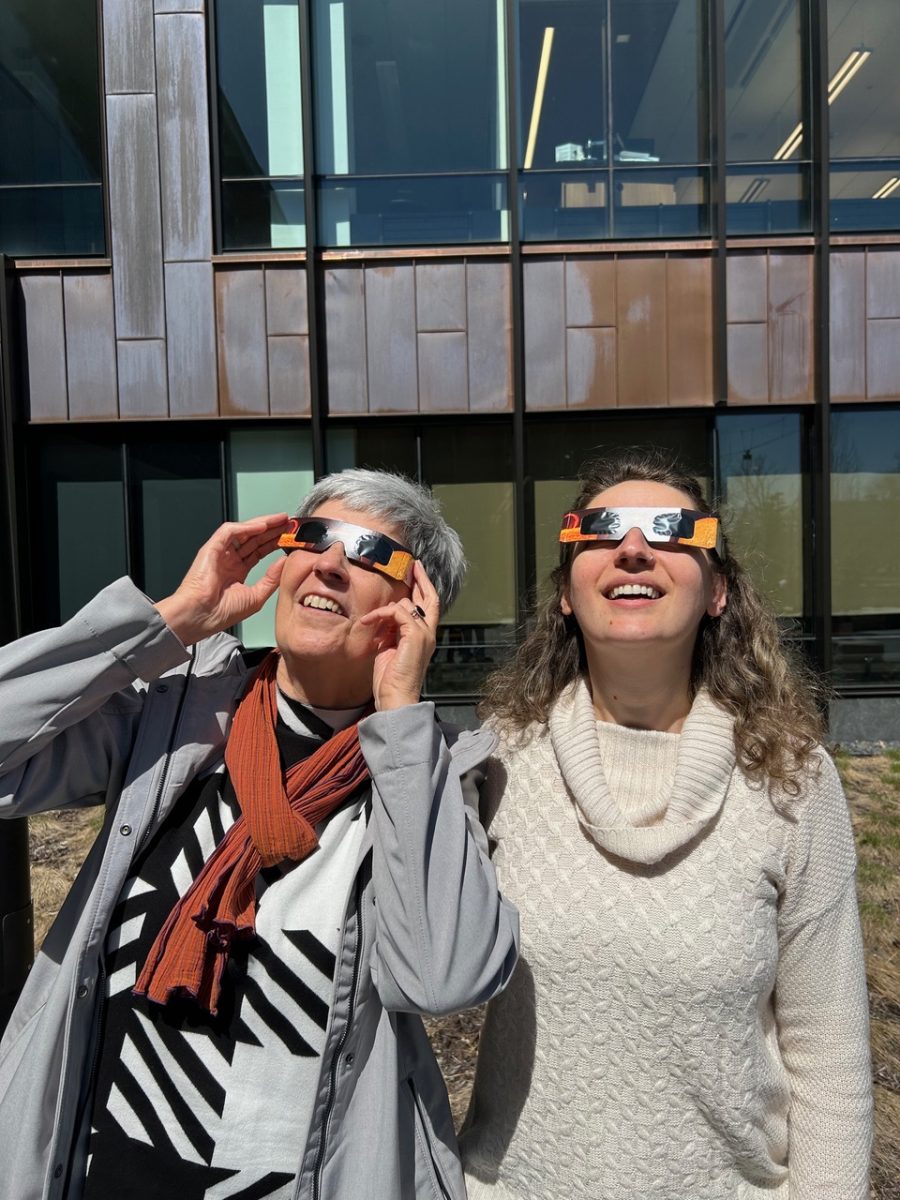It’s been 51 years since Richard Nixon signed Title IX into law, yet its definition is still unclear to some. Title IX bans discrimination “on the basis of sex” in educational institutions that receive federal funding. This means that anything involving sex inequality, from transgender rights in sports to equal academic opportunities, falls under Title IX and is subject to its regulations. I will be specifically discussing sexual assault and harassment. Sexual assault is highly concentrated on college campuses across the United States, with one study finding college-aged women from 18 to 24 are 3 times as likely to be assaulted compared to all women. I believe that Grinnell has not yet implemented Title IX effectively enough into its curriculum, and that our campus struggles with miscommunication between students and administration regarding how much power the College has to enact solutions to this problem. To combat this, I argue that requiring in-person training for all students and employees will help reduce incidents and stigma surrounding Title IX at Grinnell. Additionally, I call on the administration to increase transparency around how much influence they have to help victims of assault, in hopes of building better campus-wide understanding.
A significant contribution to campus misunderstanding is that Title IX is constantly changing — uncertainty about the law’s definition creates uncertainty on campus about how it is implemented. I previously knew nothing about how constrained the Title IX office was in how they can help victims. To better understand, I spoke with Bailey Asberry, Grinnell College’s Title IX coordinator. According to Asberry, any action the Title IX office takes needs to fit within the current legislative definition of Title IX.
The Biden administration is behind on their promises to amend the definition of Title IX after the Trump administration added regulations which restrict student victims’ access to services. The current Trump-era requirements “redefined sexual harassment to a narrow range of actions that are ‘severe, pervasive and objectively offensive.’” This is a shocking revelation, considering many students are unaware of this change. Just because the Title IX office is at the mercy of the Department of Education doesn’t mean that they are restricted from disclosing this to students. Any awareness Grinnell students have about Title IX comes from outside knowledge or the trainings that the school provides. However, these trainings can look different for each student.
A students’ role on Grinnell’s campus impacts the type and format of Title IX training that they receive. Asberry explained to me that student leaders such as Community Advisers, members of the Student Government Association, New Student Orientation (NSO) Ambassadors, Student Athlete Mentors, student workers for the Sexual Health Information Center (SHIC), tutors and mentors are trained to disclose any problematic behavior under the policy to the Title IX office. “We also get time with all first years, student athletes and many other student groups each year to train and program around sexual respect,” Asberry added, referring to the active in-person Title IX training sessions that these students receive. However, trainings including active engagement like these aren’t offered to every student on campus. While there is effective training in place for students who participate in athletics or employment, the universal training that everyone receives is not as engaging or comprehensive. Every Grinnell student takes an online sexual respect course from the company EVERFI their first year. Additionally, we attend an information session during New Student Orientation (NSO) where we are given more resources. While these meetings are informative, I believe adding more interactive in-person training requirements would be more effective than what the online training alone provides.
To better understand the differences between types of training, I spoke to Sage Gladstone `26. Gladstone took the two aforementioned mandatory trainings — one online and one in-person during NSO — and attended two other in-person trainings to be an employee of SHIC and an NSO leader. She praised the training she received as a SHIC employee, which was “more intimate and it was a smaller group,” and said that it “functioned way more as a dialogue community as opposed to a formal presentation, being ‘talked at.’” Gladstone’s experience is one of many examples of how Grinnell students receive different kinds of training.
I am one of many Grinnell students who only received the two mandatory trainings, nothing more. I believe this is an insufficient effort for Title IX education. The required EVERFI online sexual respect course that I took my first year featured hours of clicking through videos of sub-par acting depicting scenes of sexual coercion. It is very easy for students to tune out what’s on their screen and still pass. I believe this “universal” training is ineffective because it doesn’t engage students critically with the issues involved, and creates opportunities for low accountability. One study on in-person Title IX trainings concluded that “effective trainings that produce behavioral changes tend to be delivered in multiple doses over time, involve several dimensions … and require active participation, among other elements.” The EVERFI training is not in person and does not meet any of these requirements.
Admittedly, we are privileged to have access to Title IX training at all — we attend one of the few schools in the country that can pay for programs such as EVERFI. Other colleges across the country, who have larger enrollment and higher incidents of sexual assault, cannot say the same. However, just because we pay for the programs doesn’t mean that they provide productive training. It’s hard to retain information from these trainings because of their format and the lack of engagement they provide.
The Title IX office is making an active effort to implement stronger in-person programming, including a workshop with the Class of 2027. I think this training is crucial, and I also believe that the office should make this style of training required for students and faculty every semester. Students must understand how hard the office is working to ensure victims of sexual assault receive justice, despite legislation which restricts them from it. The administration can help students understand this better by being more transparent about what they can and cannot legally do. The office is excellent at communicating information about resources, but I believe they should also actively communicate what actions they will take should an incident occur. Until we create a system that consistently delivers engaging training, then Title IX will continue to be less effective on Grinnell’s campus.























































